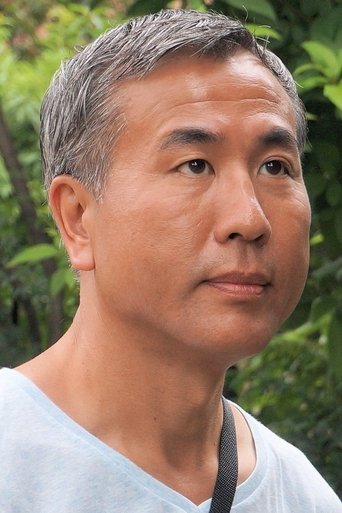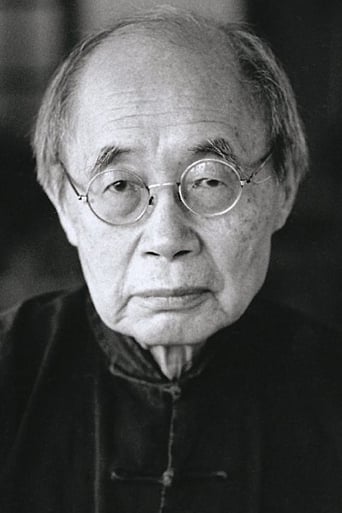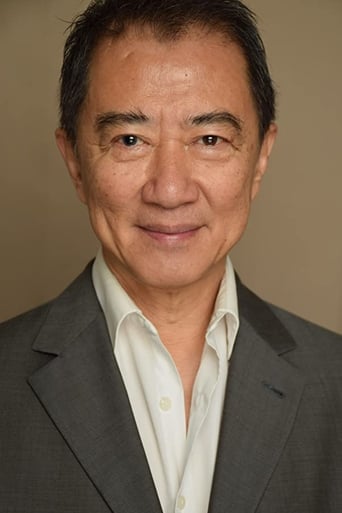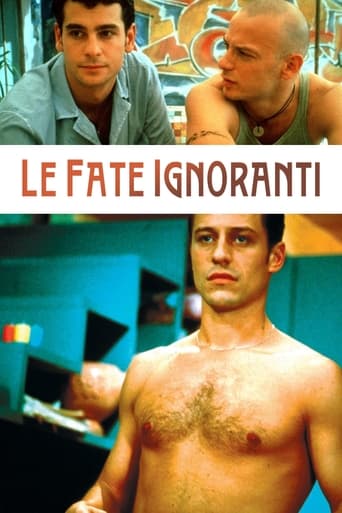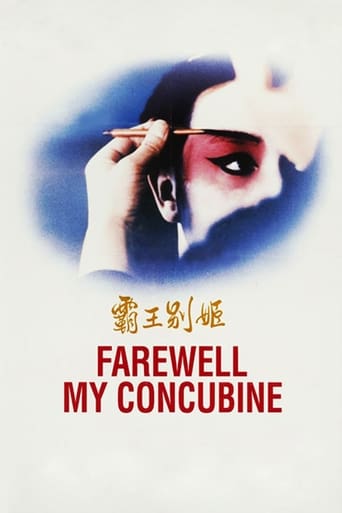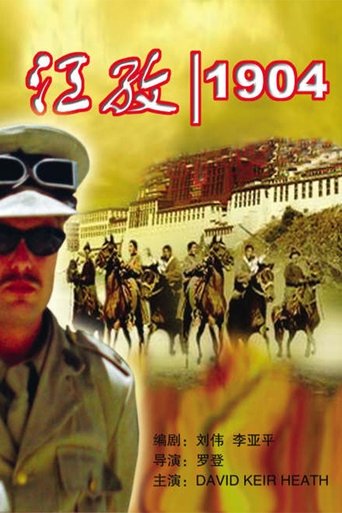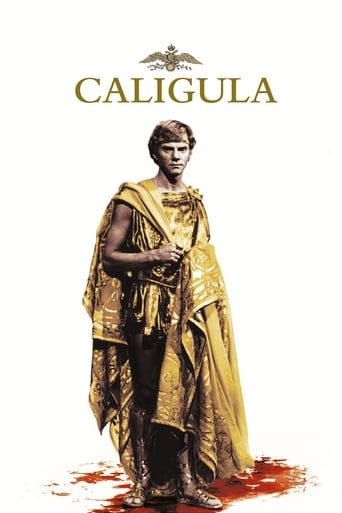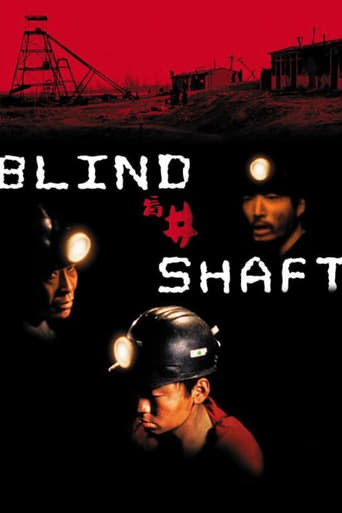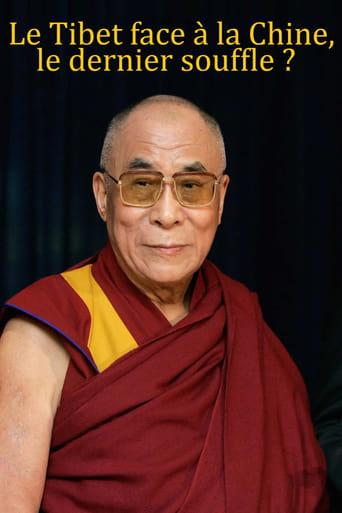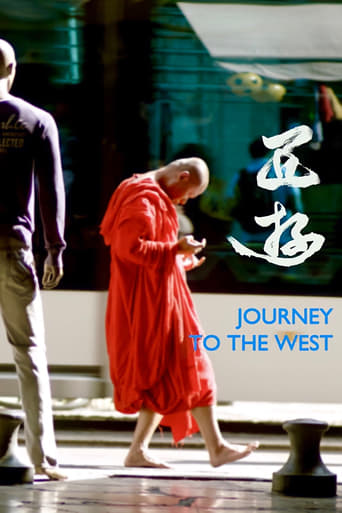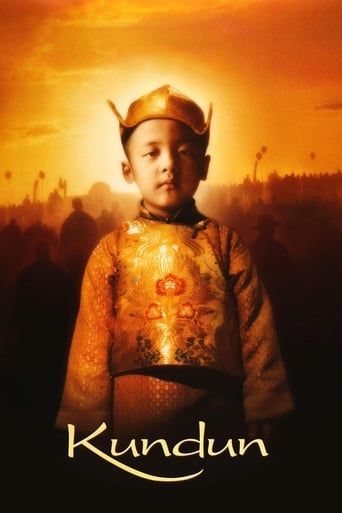
Kundun (1997)
The Tibetans refer to the Dalai Lama as 'Kundun', which means 'The Presence'. He was forced to escape from his native home, Tibet, when communist China invaded and enforced an oppressive regime upon the peaceful nation. The Dalai Lama escaped to India in 1959 and has been living in exile in Dharamsala ever since.
- Martin Scorsese
- Bernard Bellew
- Norman Berns
- E.J. Foerster
- Abraham Fraser
- Rachid Gaidi
- Scott Harris
- Ahmed Hatimi
- Alberto Mangiante
- Phil Marco
- Barbara Pastrovich
- Philip C. Pfeiffer
- Jacki Phipps
- James Ellis Deakins
- Melissa Mathison
Rating: 6.8/10 by 445 users
Alternative Title:
达赖的一生 - CN
活佛傳 - HK
達賴的一生 - TW
Country:
France
Morocco
United States of America
United Kingdom
Language:
English
普通话
Runtime: 02 hour 14 minutes
Budget: $28,000,000
Revenue: $5,684,789
Plot Keyword: china, buddhism, buddhist monk, mountain, tibet, dalai lama, lhasa, buddha
If anyone were ever to question the undoubted skill of cinematographer Roger Deakins, then they need only watch this beautifully crafted story of the youth of the 14th Dalai Lama. Filmed in the Moroccan Atlas mountains, for obvious reasons, Martin Scorsese provides us with a lavish, colourful and thought-provoking postulation on just how this young man was selected, after a four year search, to become the venerated spiritual leader of a peaceful nation of farmers and monks, buried deep in the Himalaya mountains. The boy was but two, but already there was a fear amongst these folks for whom time has largely stood still, that their neighbour has designs on their homeland. As the boy ages into youth, those threats manifest themselves more practically and by the end, the man has little choice but to embark on a perilous journey to safety in India. The actors are perfect for their roles - the three iterations of the principal character morph seamlessly together as he must learn to tread a very thin line and attain the level of political acuity necessary to deal with the disarming, but ruthless, Chairman Mao (Robert Lin). Philip Glass scores well too - grand and intimate orchestrations complimenting well the beautifully coloured costumes and the rising political temperature. It does take it's time, but it is a subtly delivered hypothesis, this. It suggests more than it imposes on history and that makes for a more complete film to enjoy. Sure it has a message, quite a few as it happens, but they are there for us to develop ourselves - Scorsese doesn't tell us what to think. He invites us. Deakins was nominated for an Oscar for this, and to appreciate that fully then do try to see it on a big screen. In any case, it's well worth a watch offering plenty of food for thought.


